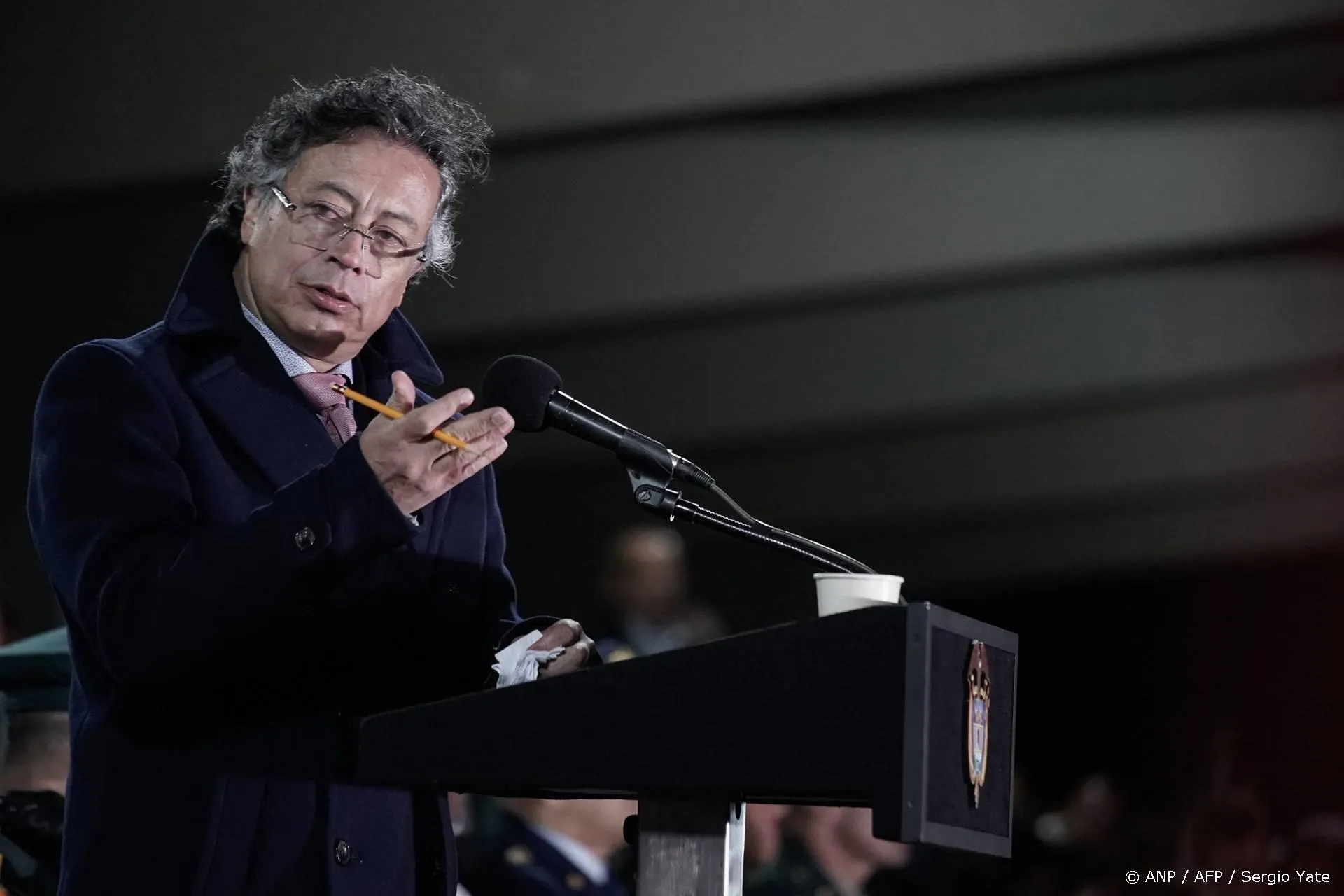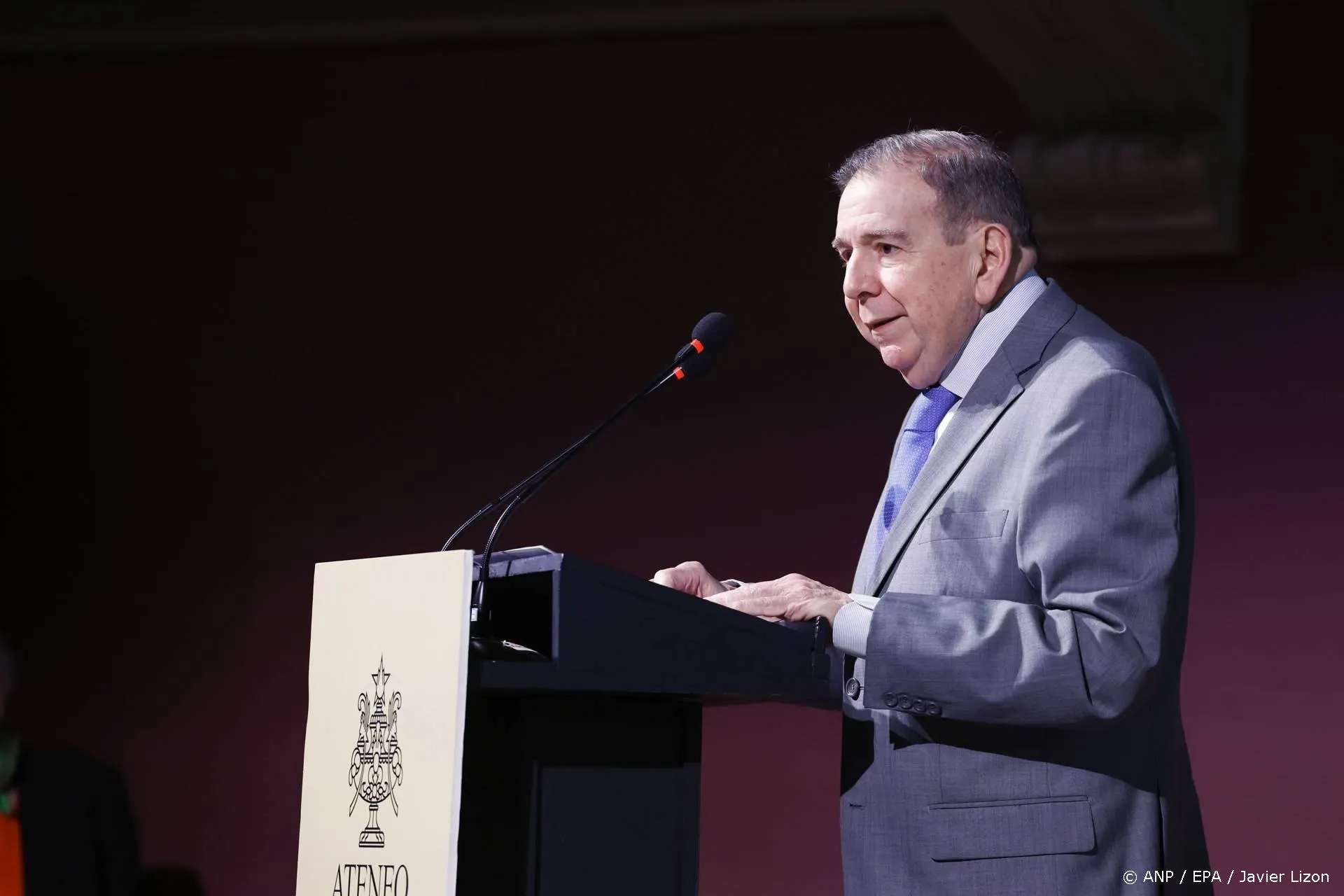Christopher Booker: vernietigend commentaar op IAC-evaluatierapport van VN-klimaatpanel

A cunning bid to shore up the ruins of the IPCC
The Inter-Academy report into the IPCC, led by Rajendra Pachauri, tiptoes around a mighty elephant in the room.A report on the UN's Intergovernmental Panel on Climate Change, on behalf of the world's leading scientific academies, last week provoked even some of the more committed believers in man-made global warming to demand the resignation of Dr Rajendra Pachauri as chairman of the IPCC. But is the report all that it seems?
Last winter, the progress of this belief that the world faces catastrophe unless we spend trillions of dollars to halt global warming suffered an unprecedented reverse. In Copenhagen, the world's leaders failed to agree a treaty designed to reshape the future of civilisation. This coincided with a series of scandals that blew up around the IPCC's 2007 report.
Since then several inquiries, including three into the leaked "Climategate" emails, have tried to hold the official line, all following a consistent pattern. Each has made a few peripheral criticisms, for plausibility, while deliberately avoiding the main issue. Each has then gone on to put over the required message: that the science of global warming remains unchallenged.
At first sight, last week's Inter-Academy report on the "processes and procedures of the IPCC" seems to have played it more cleverly. It criticises the IPCC's abuse of its own procedures in very trenchant terms, and suggests some radical reforms to them. Passages on "conflict of interest", and a recommendation that top officials should serve only one term, seem to hint that Dr Pachauri, reappointed to serve until 2014 after presiding over the IPCC's last controversial report, should step down. But, as with the reports that preceded it, this one also tiptoes round a mighty elephant in the room, in order to put over the familiar message: the IPCC has generally "served society well", the science remains unchallenged. It is as one might expect of a report produced on behalf of bodies such as Britain's Royal Society and the US National Academy of Sciences, which have long been leading advocates for the belief in global waming.
Even if Dr Pachauri is forced to resign at a UN meeting in Korea next month, as seems possible, he will merely have been thrown off the sledge so that the all-important cause can survive.
Yet the IPCC is the body on whose authority our Parliament voted for the Climate Change Act, passed all but unanimously two years ago. This will land us, on the Government's own figures, with by far the biggest bill we have ever faced: up to £18 billion every year for the next 40 years £734 billion in all in order to cut our CO2 emissions by 80 per cent, something impossible to achieve except by closing down virtually all our industrial economy.
On the same authority, the rest of the world is being told that it must take similar steps, to avert a catastrophe dreamed up and promoted by no one more than those joint winners of the 2007 Nobel Peace Prize, Al Gore and the IPCC. Does this not all add up to the most bizarre and outrageous scandal in the history of the world?
Lees ook
Loading


